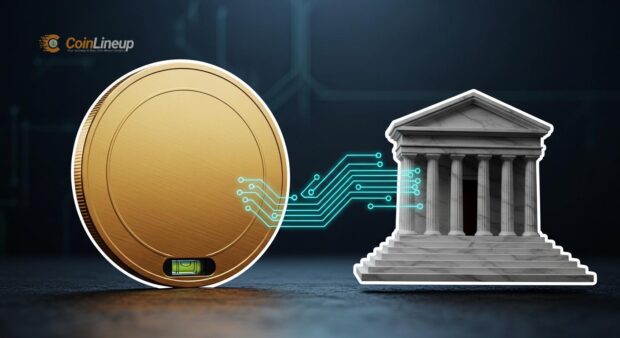
- The US formalizes Bitcoin as a Treasury Reserve Asset.
- Reserve assets increased by forfeiture, not purchases.
- Bitcoin’s market dynamics remain unaffected by new purchases.

The US recognizes Bitcoin as a Treasury Reserve Asset, utilizing BTC gained through asset forfeiture, not market purchases. The government holds approximately 200,000 BTC and aims for budget neutrality without affecting market supply dynamics.
In March 2025, the US government officially recognized Bitcoin (BTC) as a Treasury Reserve Asset, consolidating its strategy to position the US as a global Bitcoin leader.
This recognition marks a significant step in legitimizing Bitcoin as a major financial asset, altering global market perceptions despite the absence of direct US Treasury purchases.
Strategic Initiative for Bitcoin Superpower
The US government, led by President Donald Trump, formally recognized Bitcoin as a Treasury Reserve Asset in March 2025. This move, according to Secretary of the Treasury Scott Bessent, involves no new market purchases but instead capitalizes on Bitcoin forfeited to the Treasury. The current holdings are estimated to be 200,000 BTC, valued between $15-$20 billion. This initiative aligns with the administration’s goal for the US to become a Bitcoin superpower.
The US is now recognizing Bitcoin as a Treasury Reserve Asset.
However, only Bitcoin obtained through legal forfeiture will be part of this reserve.
Stabilizing Market Dynamics
The decision to not purchase BTC further stabilizes market dynamics. It reduces immediate supply risks, as the government pledged to refrain from selling its Bitcoin reserves, preventing potential market shocks.
Regulatory Frameworks and Future Prospects
Potential impact on regulatory frameworks could arise, driven by heightened scrutiny surrounding cryptocurrency regulation. Senator Cynthia Lummis’s proposal for the BITCOIN Act of 2025, which could authorize vast Bitcoin acquisitions, remains in committee and may further shape this landscape. Crypto communities express optimism yet caution, recognizing Bitcoin’s integration into traditional assets but wary of potential government overreach.
Market anticipation and policy evolution signpost broader financial sector adjustments. While the government’s stance introduces a precedent, actual impacts on other cryptocurrencies, such as Ethereum, will depend on ongoing directives.

















